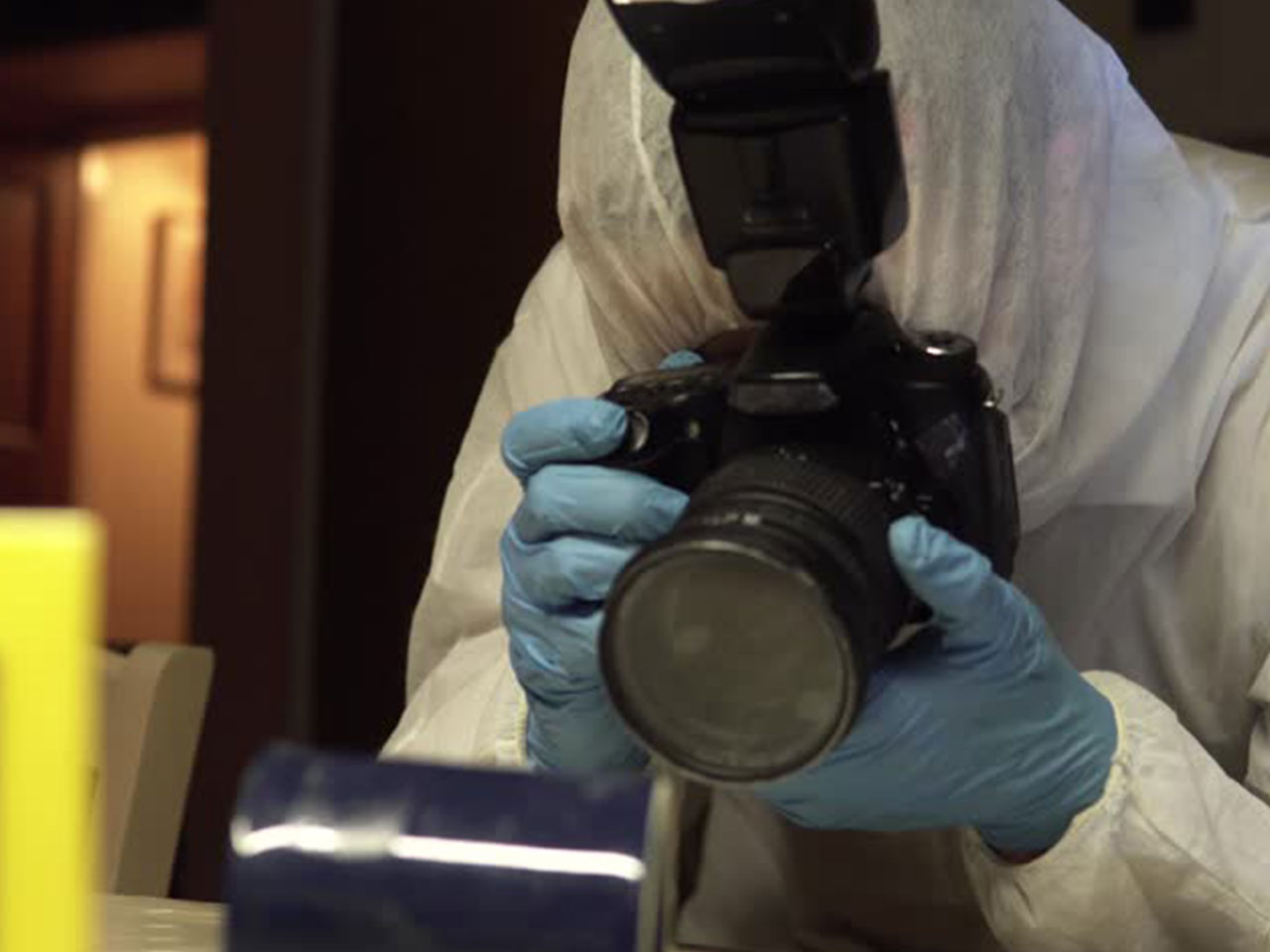
Where Science Meets Justice
Discover your future in Public Safety
Accessibility Options: Skip to Content Skip to Search Skip to Footer Institutional Accessibility Open Alternative Formats for this page
Accessibility Options: Skip to Content Skip to Search Skip to Footer Institutional Accessibility Open Alternative Formats for this page

Discover your future in Public Safety
An Associate degree in Crime Scene Technology opens doors to exciting roles where science meets investigation—from evidence collection to laboratory analysis and courtroom testimony.
Pursue careers with police departments, medical examiners, private firms, or federal agencies. As forensic technology advances, your specialized skills become increasingly valuable across multiple settings.
Start as a crime scene technician and explore your interests in this growing field. With strong demand nationwide, this degree offers exceptional career flexibility and advancement potential.
In our Crime Scene Technology program, you'll balance scientific theory with hands-on technical training. Classes combine instruction in forensic principles and evidence collection with laboratory procedures taught by experienced professionals.
Your coursework covers crime scene photography, fingerprint analysis, DNA collection and presumptive testing, and bloodstain pattern interpretation through specialized lab sessions. You'll practice these skills in simulated crime scenes, working with industry-standard equipment to document, collect, and process evidence.
Small classes ensure personalized attention as you develop precision techniques essential for forensic work. Most programs include mock courtroom testimony, internship opportunities, and workshops on emerging technologies to prepare you for immediate entry into this meticulous field.
A degree in Crime Scene Technology opens doors to diverse career opportunities in the forensic science and criminal investigation fields. Graduates possess specialized skills in evidence collection, documentation, and analysis that are valuable across multiple sectors of the justice system.
Career Options:
Graduates often begin in entry-level positions and can advance to specialized roles with experience and additional certifications.
Success in Crime Scene Technology requires a blend of scientific aptitude, technical precision, and personal resilience. The most effective professionals combine methodical work practices with strong analytical abilities and emotional stability.
Essential Technical Qualities:
Key Personal Attributes:
These combined qualities enable crime scene technicians to make meaningful contributions to the justice system through their specialized expertise while handling the unique challenges of this demanding profession.
Our Crime Scene Technology program is led by faculty and staff who hold degrees from leading institutions in the field such as Florida International University, University of Florida, University of New Haven, and our own Broward College. Several faculty members have served in specialized crime scene units within major law enforcement agencies across the country. Our adjunct and full-time faculty are certified crime scene investigators and forensic specialists with years of practical experience. They have worked for such prominent agencies as Broward Sheriff's Office Forensic Services, Federal Bureau of Investigation Crime Laboratory, Florida Department of Law Enforcement, and Miami-Dade Police Crime Scene Unit. Many faculty and staff members are also award winners in the field of forensic science and have contributed to groundbreaking research in evidence collection and analysis techniques.
There is 1 certificate built into this Associate degree.
A full list of required courses is available in the Broward College Catalog -Crime Scene Technology, Associate of Science | Broward College
In addition to the general education course requirements, the Core program courses include:
|
CCJ1020 |
INTRO TO CRIMINAL JUSTICE* |
|
CCJ1010 |
INTRO TO CRIMINOLOGY |
|
CJL1062 |
CONSTITUTIONAL LAW* |
|
CJL1100 |
CRIMINAL LAW* |
|
CJL1130 |
CRIMINAL EVIDENCE & COURT PROCEDURES* |
|
CJE2600 |
CRIMINAL INVESTIGATION* |
|
CJE2640C |
INTRO TO CRIME SCENE INVESTIGATIONS* |
|
CJE2770C |
FORENSIC PHOTOGRAPHY* |
|
CJE2643C |
ADVANCED CRIME SCENE INVESTIGATIONS* |
|
CJE2642C |
CRIMINALISTICS PRACTICUM* |
*Crime Scene Technician Certificate – TC 6347
Prior Learning in Criminal Justice:
Already have prior experience or training? We may be able to convert your professional certifications, previous college coursework, military training, or industry experience into college credits toward your degree.
Based on Florida Statute 1004, state universities, Florida College System institutions, and career centers can award postsecondary credit or career education clock hours for law enforcement training and experience toward a degree-seeking program, if applicable to the student's degree or certificate. These credits are guaranteed to transfer between Florida state educational institutions. Additional credits may be awarded when appropriate.
To apply for Credit For Prior Learning:
This site is best viewed in a modern browser and is not compatible with Internet Explorer (IE). Please use another browser, such Chrome, Safari, Edge, or Firefox for the best user experience.